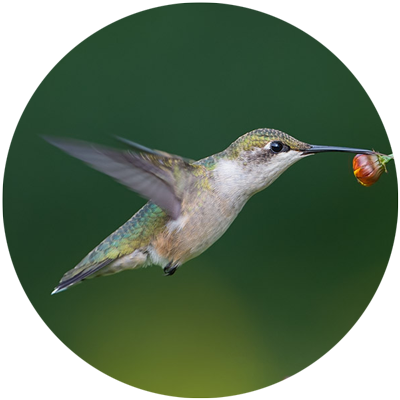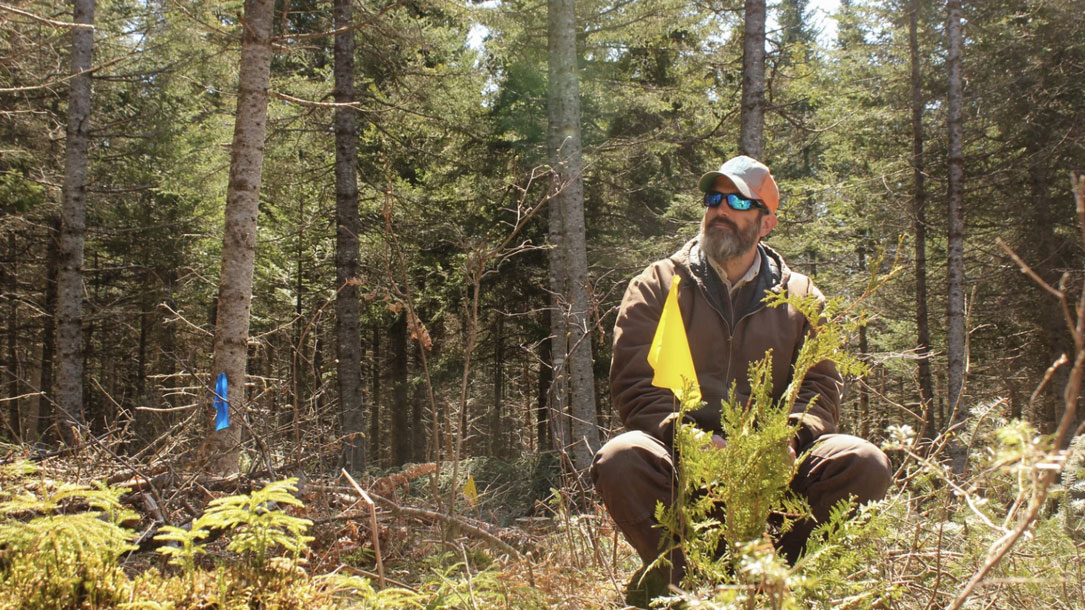
Foresters hope ‘assisted migration’ will preserve landscapes as the climate changes
“Thinking about actively moving species around is a little, well a lot uncomfortable for us,” acknowledges Abe Miller-Rushing, the science coordinator for Acadia National Park in Maine. “What might be the kind of unintended consequences? What diseases might we unintentionally move around if we move species around?”
He says, historically, the Parks Service has preferred hands-off management and modeled restorations on past conditions. In Acadia though, he noted, not intervening as warming takes place could mean the park’s iconic evergreen forests get replaced by shrubland, dominated by invasive bushes…
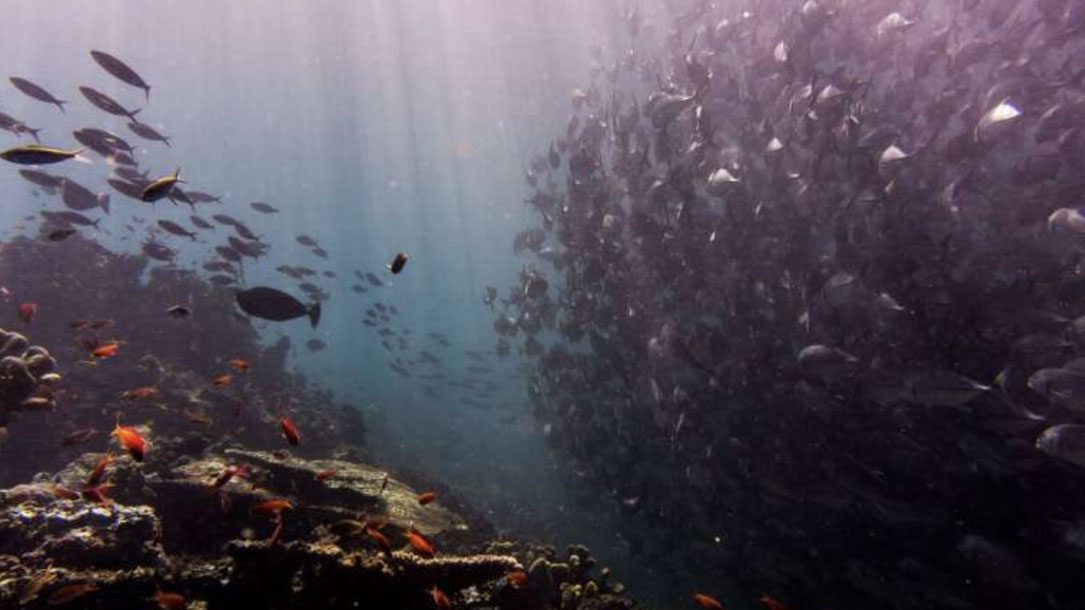
Study shows 90% of marine species at risk of extinction in 78 years if greenhouse gas emissions are not curbed
Greenhouse gas emissions impact the world’s climate in two ways. They raise the temperature of the atmosphere (and by extension, Earth’s surfaces and bodies of water) by holding in heat, and in the case of CO2 emissions, they make water more acidic, like carbonated soft drinks…
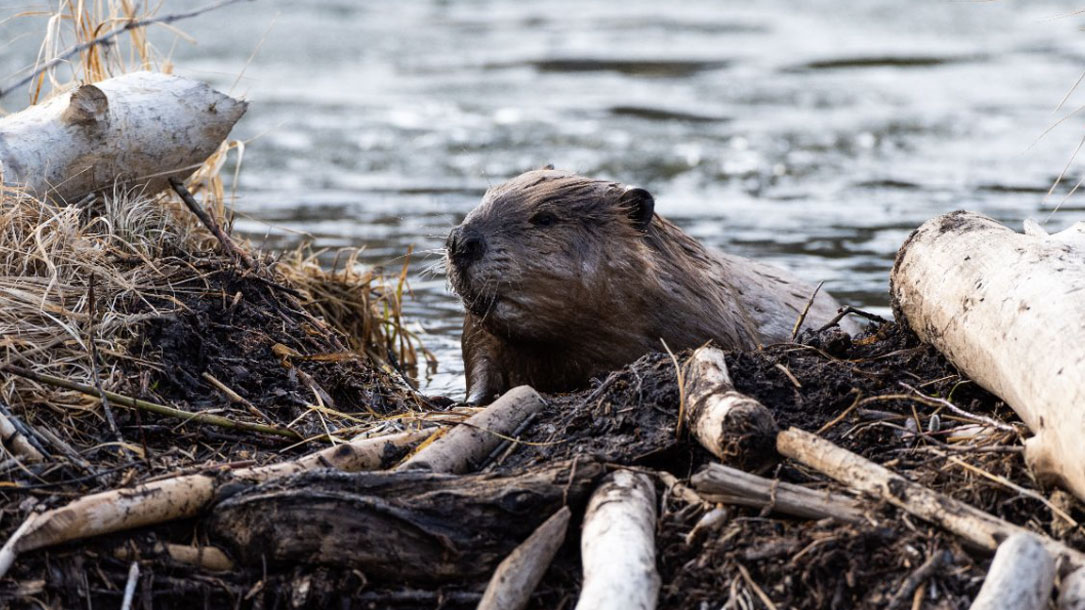
Beaver: The North American freshwater climate action plan
Rivers and streams, when fully connected to their floodplains, are naturally resilient systems that are increasingly part of the conversation on nature-based climate solutions. Reconnecting waterways to their floodplains improves water quality and quantity, supports biodiversity and sensitive species conservation, increases flood, drought and fire resiliency, and bolsters carbon sequestration. But, while the importance of river restoration is clear, beaver-based restoration—for example, strategic coexistence, relocation, and mimicry—remains an underutilized strategy despite ample data demonstrating its efficacy.
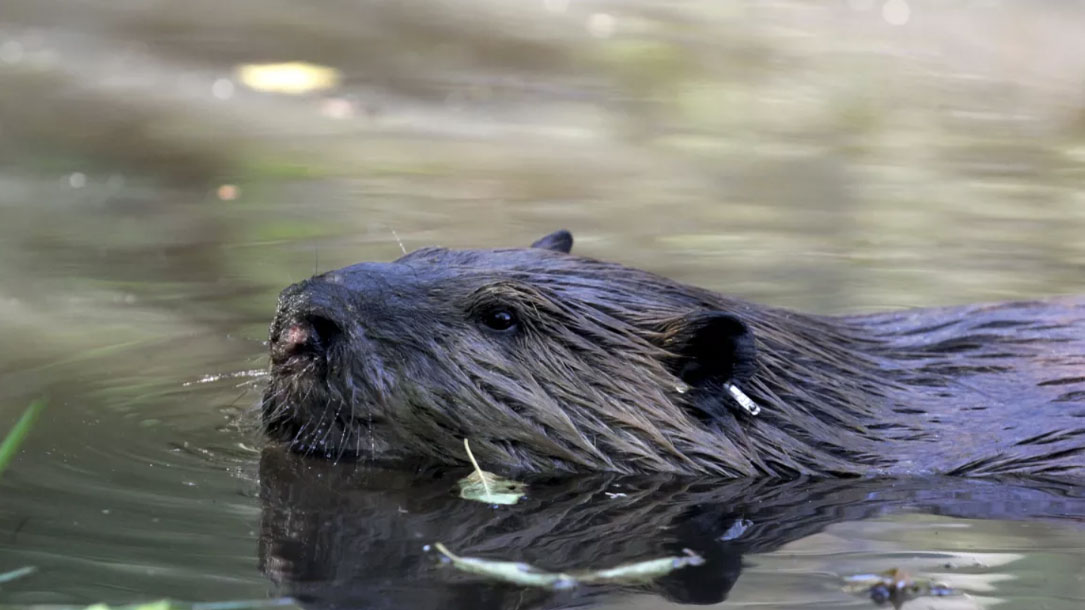
Want to fight climate change and drought at the same time? Bring back beavers
There’s a strong consensus among scientists and environmental managers on the benefits of working with beavers to protect our natural environments. Beavers can help us continue to live on, work with, and enjoy our Western landscape. As ecosystem engineers, they build dams and dig canals to escape predators. Their manipulation of plants for food and building materials produces wide-ranging environmental gains…
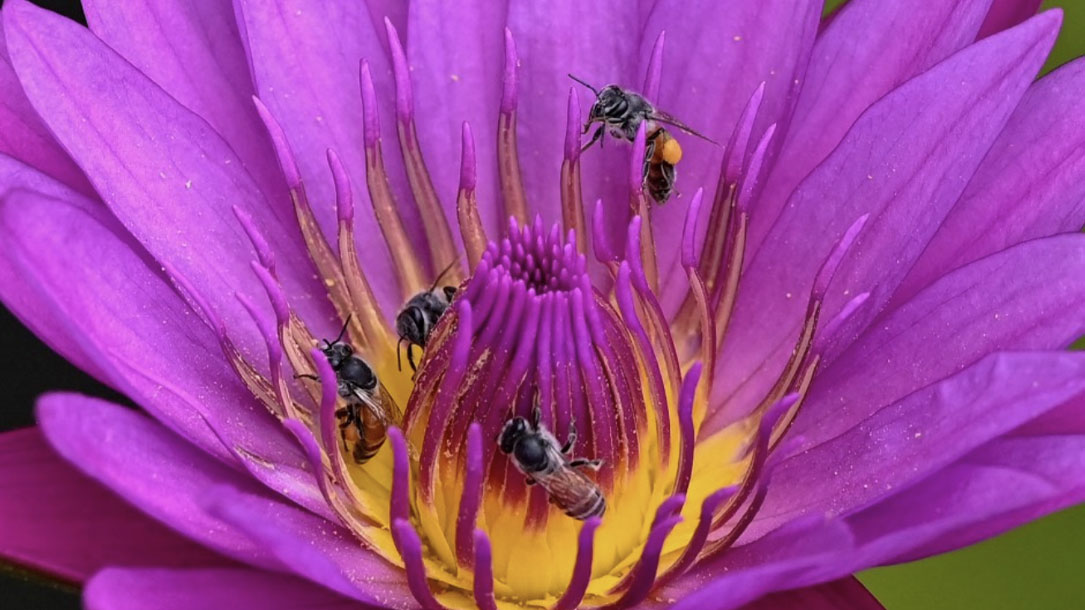
UK scientists find climate change is stressing bees out and making their wings go wonky
“With hotter and wetter conditions predicted to place bumblebees under higher stress, the fact these conditions will become more frequent under climate change means bumblebees may be in for a rough time over the 21st century,” scientists at Imperial College, London, said in their report published in the Animal Ecology journal on Wednesday…
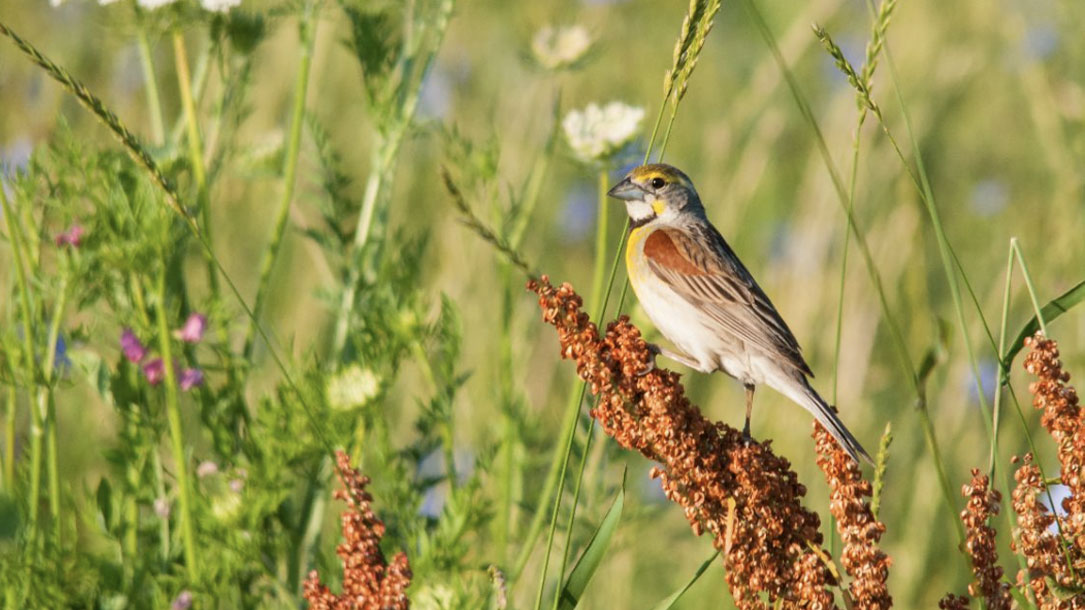
Heat waves may limit mating in birds, but can behavior mitigate the effects of climate change?
Scientists are racing to understand how animals respond to climate change, including the increasing prevalence and intensity of heat waves. Heat waves can be lethal, even for endotherms (warm-blooded animals) that internally regulate their own temperatures. But what about the sub-lethal effects of heat that do not kill animals but still might influence their ability to thrive in our changing world?
Behavioral and physiological effects of heat are likely but have been missing from recent high-profile studies on climate change. Researchers from Indiana University Bloomington and the University of Tennessee Knoxville recently teamed up to examine how heat and behavior interact to affect physiology…
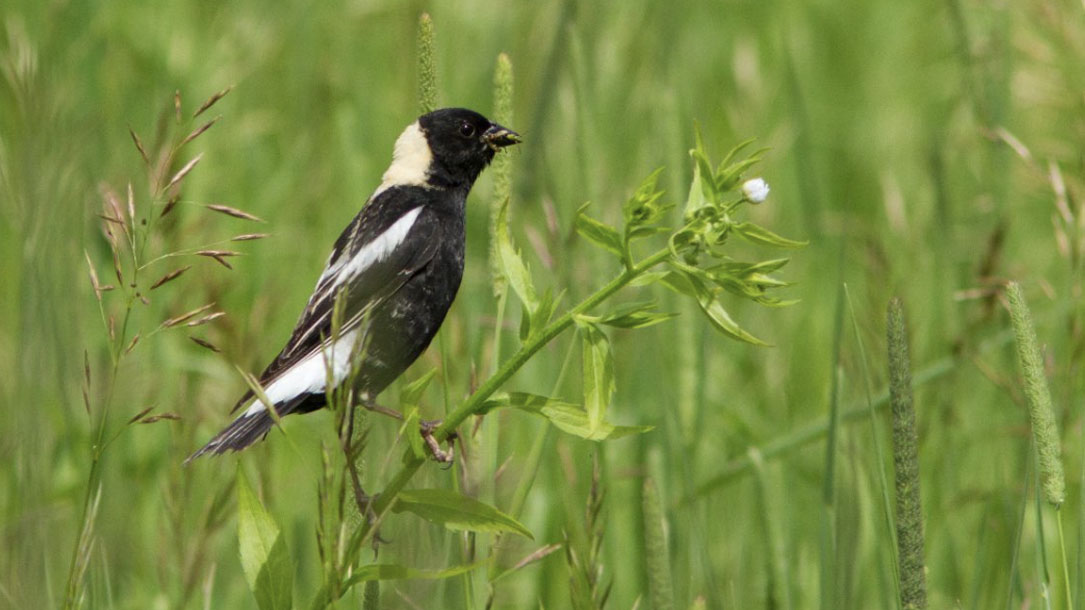
Climate change affects bird nesting phenology: comparing contemporary field and historical museum nesting records
Global climate change impacts species and ecosystems in potentially harmful ways. For migratory bird species, earlier spring warm-up could lead to a mismatch between nesting activities and food availability. CO2 provides a useful proxy for temperature and an environmental indicator of climate change when temperature data are not available for an entire time series.
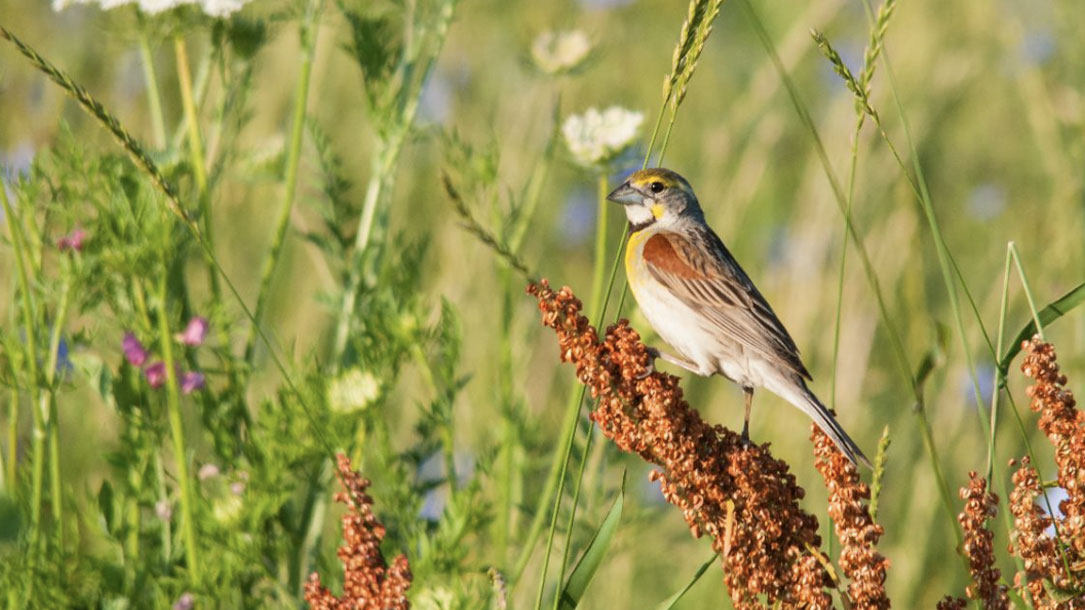
Increasing climatic decoupling of bird abundances and distributions
Species differences in climate matching trends were related to their ecological traits, particularly habitat specialization, but not to average rates of climate and land use change within the species’ ranges. Climatic decoupling through time was particularly prominent for birds that were declining in abundance and occupancy, including threatened species….
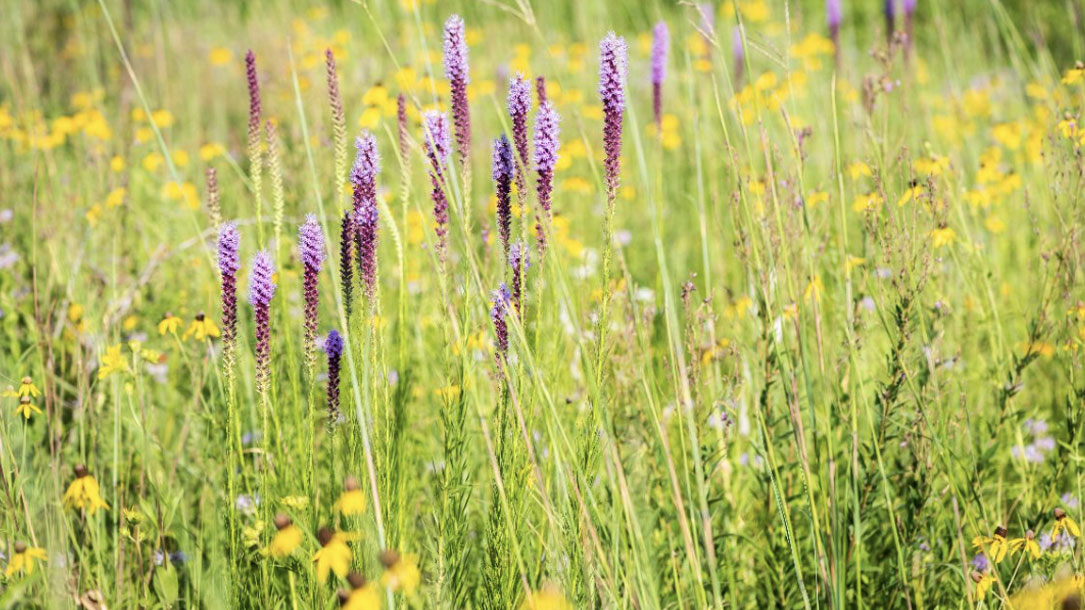
As climate shifts, species will need to relocate, and people may have to help them
Climate change is already affecting plants and animals worldwide and is a growing threat to biodiversity, adding a new layer to the existing challenges of habitat loss, invasive species, pollution, and overexploitation. A new study surveyed the recommendations of scientists for managing biodiversity in the face of climate change, providing a summary of practical guidance and identifying areas in need of further research…
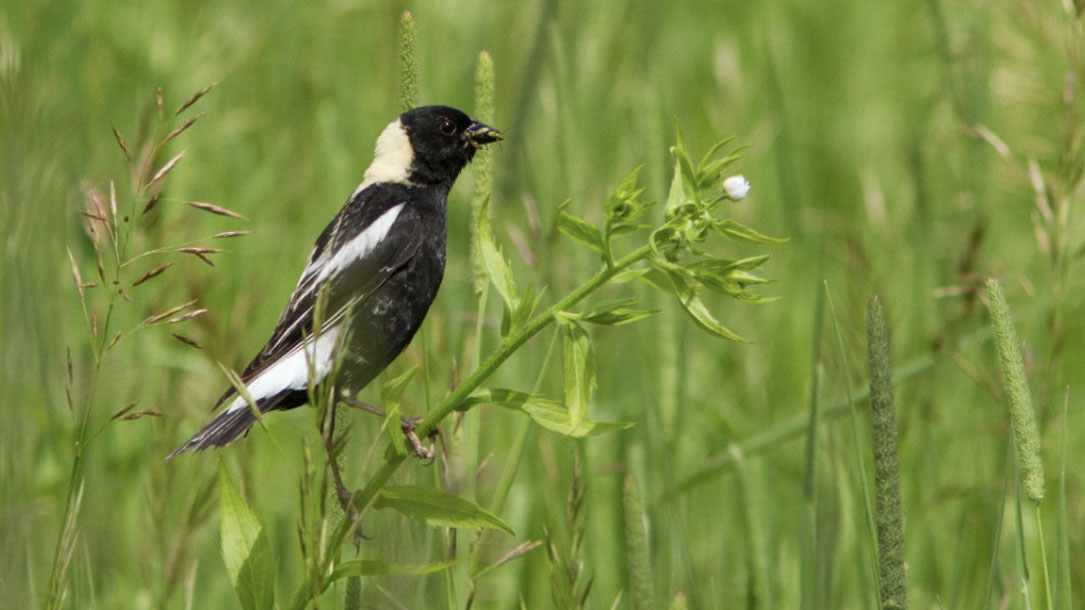
Climate change affects bird nesting phenology
Global climate change impacts species and ecosystems in potentially harmful ways. For migratory bird species, earlier spring warm-up could lead to a mismatch between nesting activities and food availability. CO2 provides a useful proxy for temperature and an environmental indicator of climate change when temperature data are not available for an entire time series…



